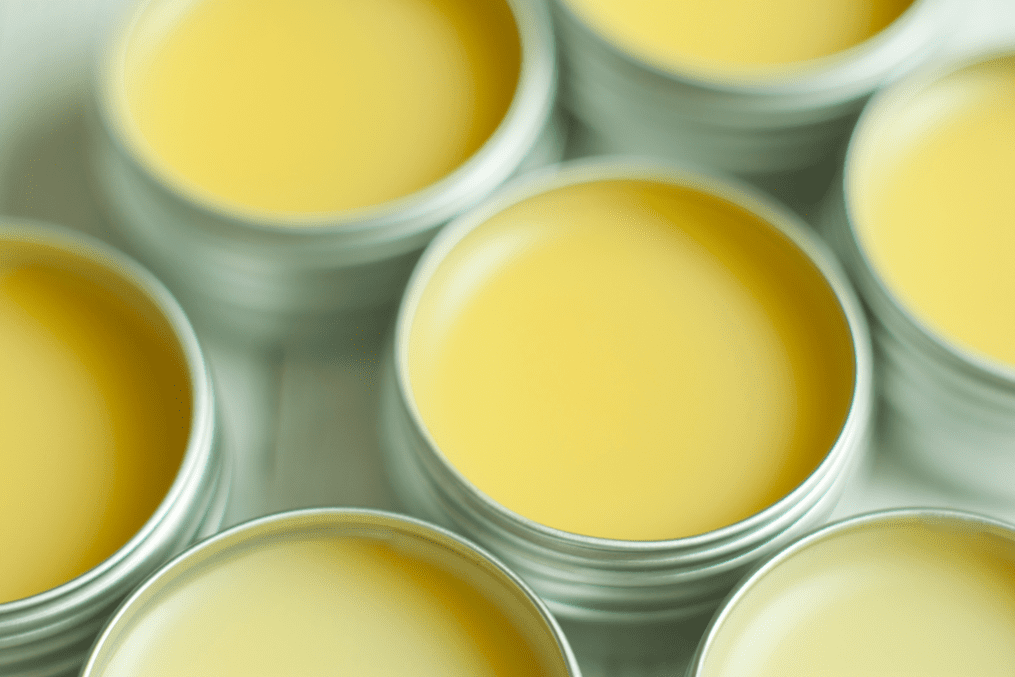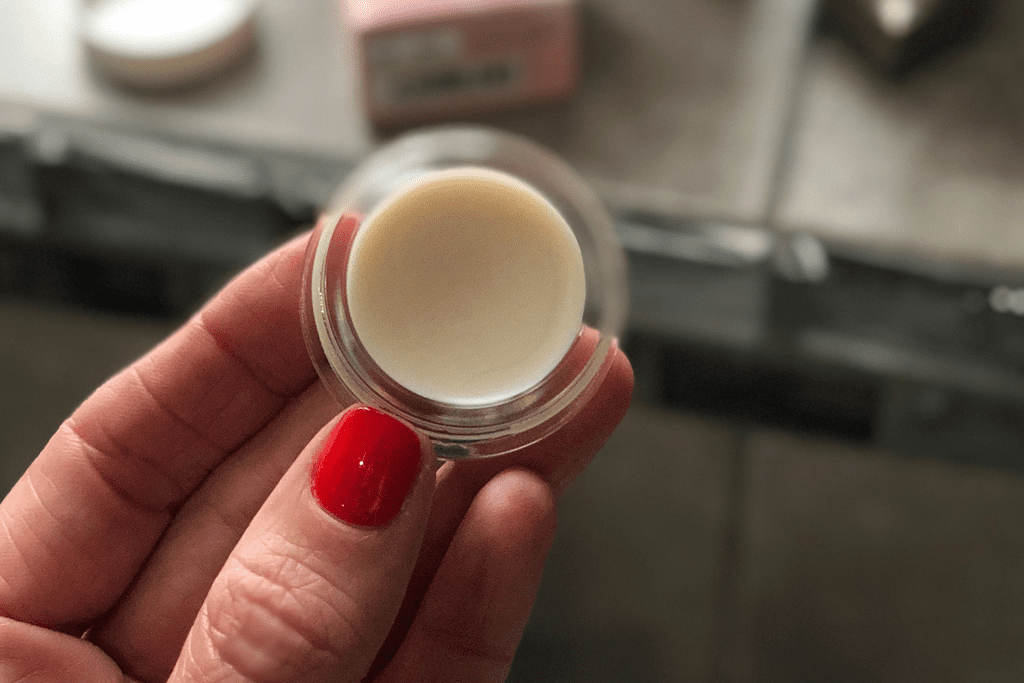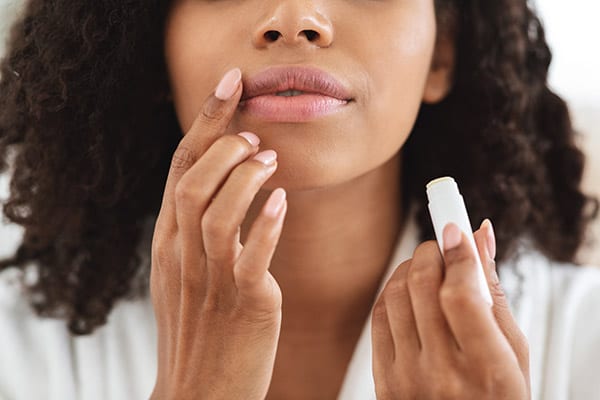Are you addicted to your lip balm?

Whether it’s to combat chilly weather, provide a base before lip colour, or prevent a classic pinot noir stain, we all have a few (dozen) lip balms lying around our house/office/car/handbags – the list could go on. Lip care products line the tills in clothes shops, and are granted a disproportionate amount of shelf space in high-street pharmacies. The global market for lip products is set to reach £1bn and, for some companies, they are their largest money-spinners. In other words, lip balms are big business. But why do we love them so much?
Hydration habit
There’s something soothing about knowing we’ve got a lip balm on-hand. So why does it feel like the more we apply it, the more we need it? It turns out, some balms contain irritating ingredients, which cause inflammation and loss of hydration. Plus, overuse can cause your lips to become lazy, because they don’t have to work to maintain their own hydration level. Either way, we’re trapped in a vicious cycle of dryness and application – almost like an addiction. Indeed, there’s even an online forum called Lip Balm Anonymous, where users detail the harmful toll their habit has taken on their day-to-day lives. Yes, really!
But with no addictive substances, and addiction typically based in seeking stimulation, the repeated application of lip balm can be far more likened to a compulsion or obsession, says Dr Alberto Pertusa, a consultant psychiatrist and OCD (obsessive-compulsive disorder) and addictions specialist at Nightingale Hospital in London. Compulsions are behaviours that soothe – one thing most lip balms proudly claim to do. ‘People with OCD experience distressing thoughts or obsessions and need to do an action to stop or neutralise those thoughts – compulsions,’ says Dr Pertusa. ‘The symptoms are very similar to BDD (body dysmorphic disorder) and, when the obsession is related to appearance, we consider it to be BDD. Someone with BDD may have an obsession with the way their lips look, and excessively apply lip balm that ends up causing skin problems.’
Thin-lipped
How can we help keep our habit in check? Formulation makes a difference. ‘The skin on the lips is a lot thinner than the rest of our skin,’ says Kay Greveson, an aesthetic nurse practitioner at Regents Park Aesthetics. ‘It’s a lot more permeable, so products can go into it more easily.’ It’s thanks to this sensitivity that lips are more prone to damage and cracking, says Greveson. ‘There are also no oil or sweat glands on the lips, so they do sometimes need help with hydration. That’s why, in moderation, some lip balms can be a good idea.’
But the right product is key. We should be looking to avoid both irritants and occlusive ingredients in lip care products, says Greveson. Irritants include camphor, phenol and menthol, which are used to soothe on contact, but can upset fragile skin in the long run, and salicylic acid and alpha hydroxy acids, both chemical exfoliants. Fragrance is another no-no, and Greveson warns against any products claiming ‘lip plumping’ effects. She says, ‘They just cause lips to tingle, making them feel plumped. All that’s occurring is irritation.’
Unfortunately, that tin of petroleum-based salve isn’t doing much good, either. ‘Occlusive ingredients like petroleum and petrolatum act as a barrier, rather than treating any issues,’ says Greveson. ‘These products sit on the surface of the lip, because the molecules are too thick to penetrate.’
Healing heroes
To keep pouts primed and protected, it’s all about vitamins. ‘Persistently chapped lips can be a sign of a vitamin deficiency,’ says Greveson. ‘And while people should look at their diet, it makes sense to apply vitamins from the outside, too.’ She recommends vitamins A, D and E. ‘These can be absorbed into the lips and keep them hydrated,’ she says. ‘Plus, vitamin A, or retinol, helps to plump out lines.’
Facialist Lisa Franklin agrees. For sunburnt, chapped, or dry lips, she recommends linoleic acid, ‘an omega-6 essential fatty acid, also known as vitamin F, which prevents dehydration.’ And to soothe, there’s nothing better than shea butter or chamomile. So once we’ve found the best lip balm, how often should we apply? ‘Once or twice a day is enough,’ says Greveson. ‘It’s like any medication – you wouldn’t use it all the time.’
Read more: Make your own hemp and honey lip balm








